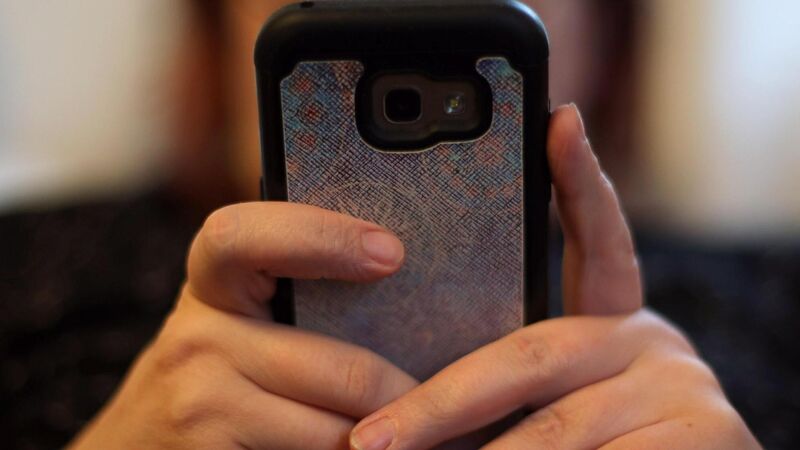High Court hears DPP accepts phone data used to convict men was obtained unlawfully

When measuring the privacy rights engaged due to accessing phone data, the court heard, one must consider factors such as whether it is a person’s primary phone, whether it was stolen or whether it was recently purchased. File picture
The Director of Public Prosecutions (DPP) accepts phone location data used to secure two men's Special Criminal Court convictions for involvement in an attempted murder was obtained unlawfully.
Caolan Smyth (30) and Gary McAreavey (55) are asking the court to quash their convictions and to reject as inadmissible phone data the prosecution said connected them to unregistered mobiles and correlated their vehicle’s movements with cell sites.











